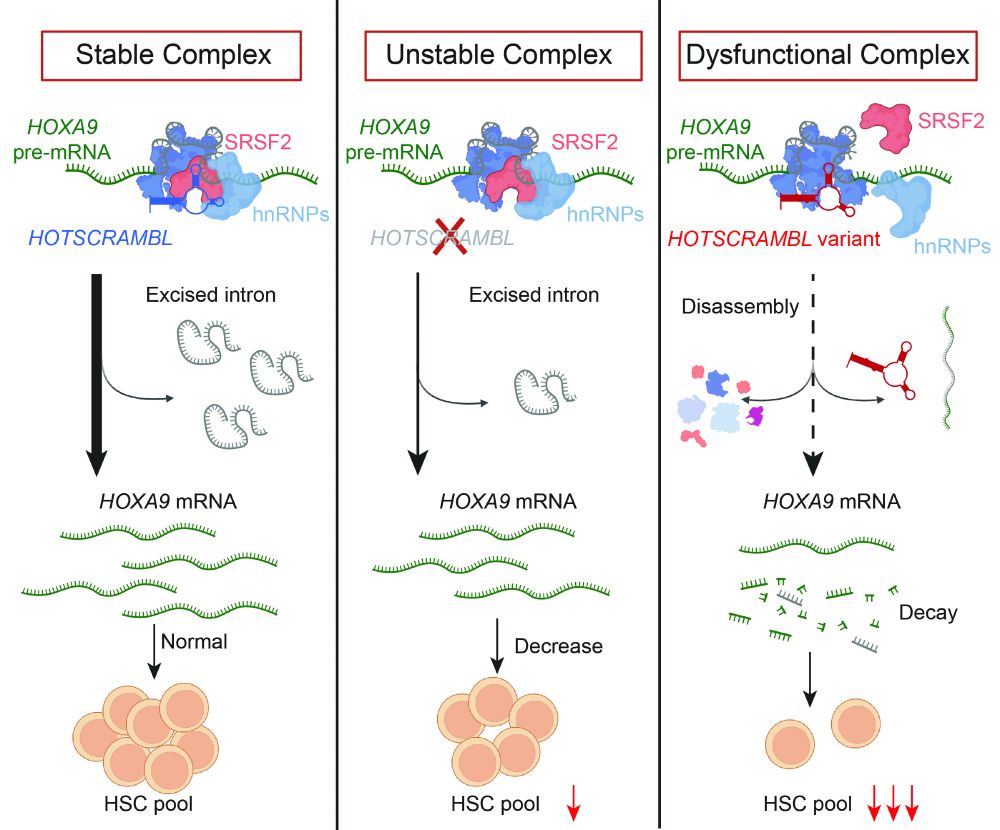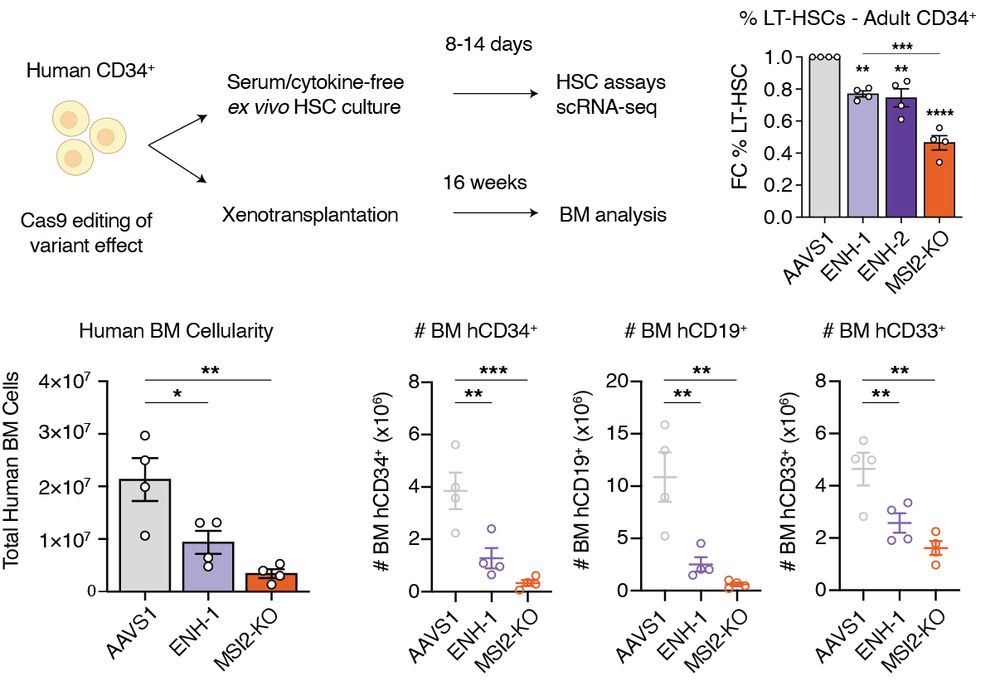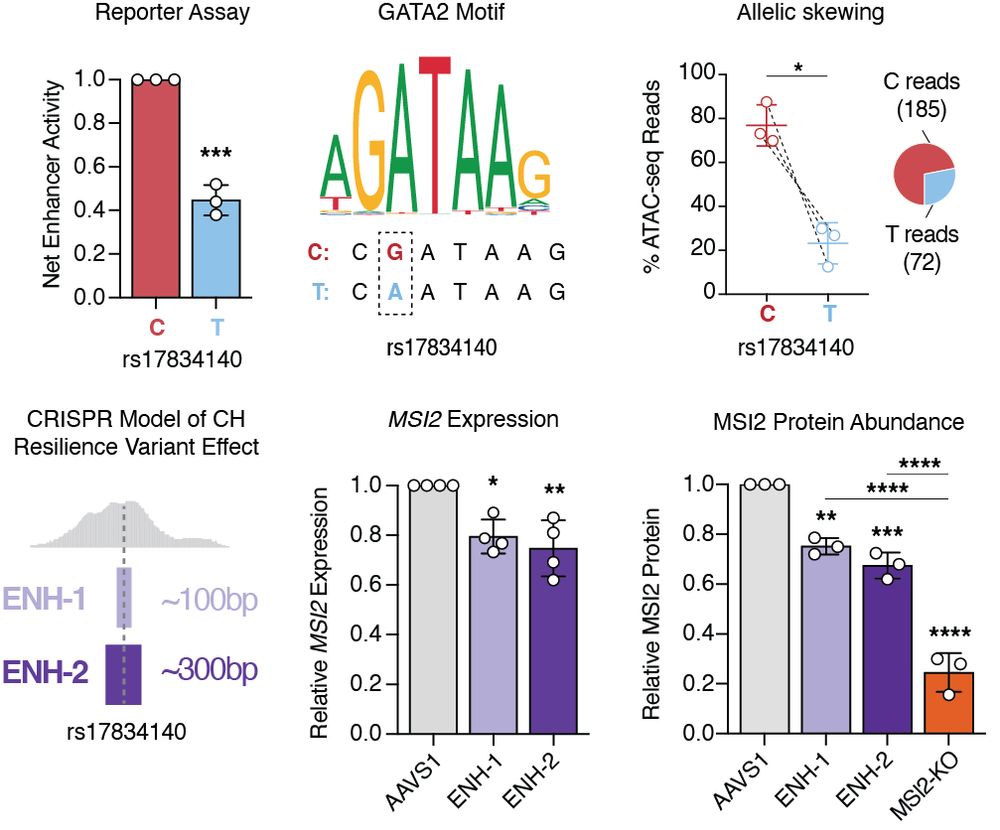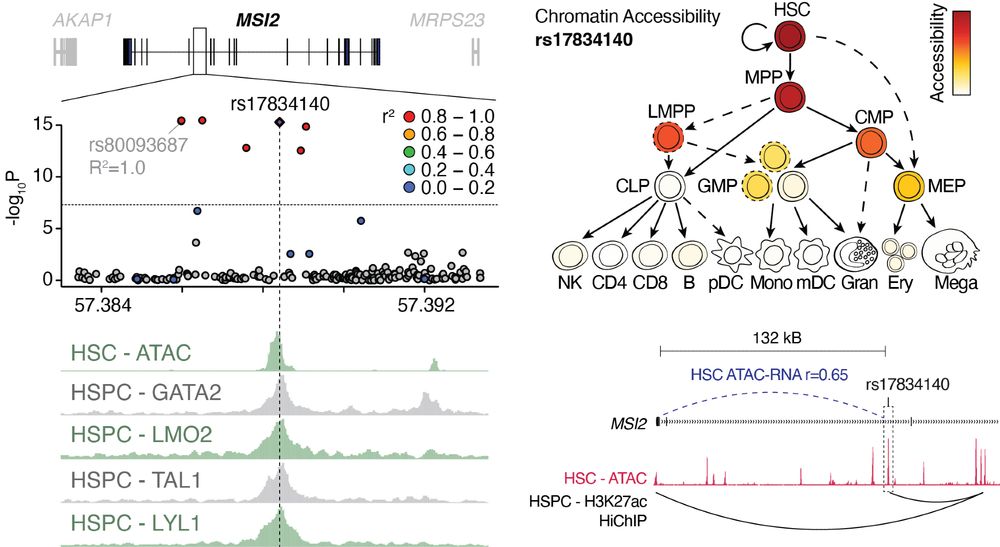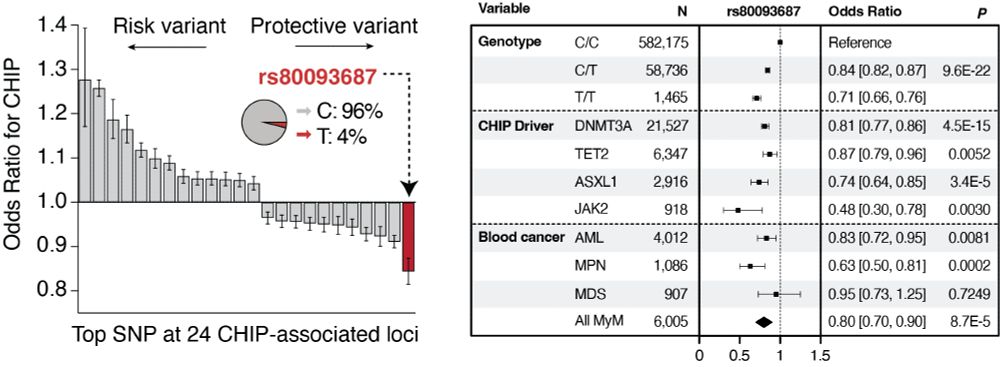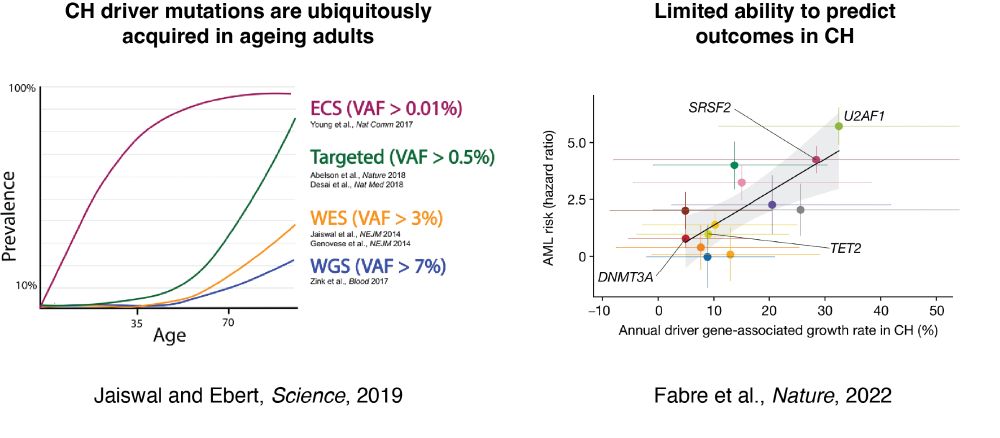Gaurav Agarwal
@g-agarwal.bsky.social
77 followers
150 following
19 posts
Physician Scientist, haematologist in-training. Kennedy Scholar @ Harvard. Research Fellow in Sankaran Lab at Broad Institute & Boston Children's Hospital.
Posts
Media
Videos
Starter Packs
Pinned
Reposted by Gaurav Agarwal
Gaurav Agarwal
@g-agarwal.bsky.social
· May 1
Gaurav Agarwal
@g-agarwal.bsky.social
· Apr 3
Reposted by Gaurav Agarwal
Alexis Caulier
@hemagene.bsky.social
· Apr 3
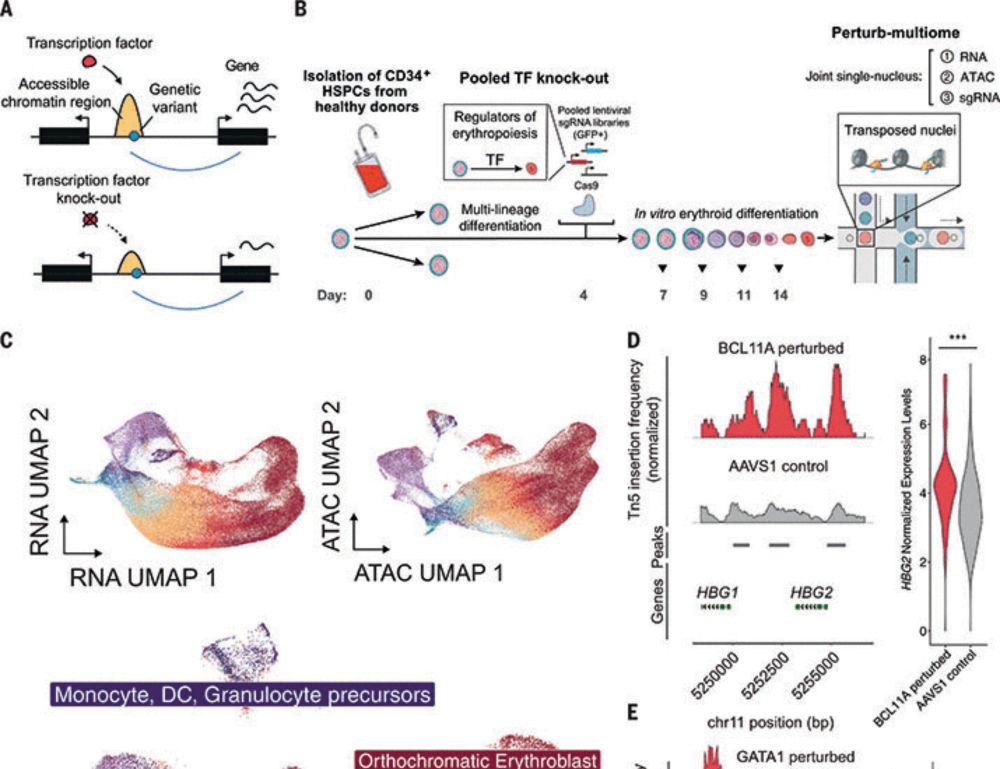
Transcription factor networks disproportionately enrich for heritability of blood cell phenotypes
Most phenotype-associated genetic variants map to noncoding regulatory regions of the human genome, but their mechanisms remain elusive in most cases. We developed a highly efficient strategy, Perturb...
bit.ly
Reposted by Gaurav Agarwal
Vijay G. Sankaran
@bloodgenes.bsky.social
· Mar 27
Gaurav Agarwal
@g-agarwal.bsky.social
· Mar 27
Gaurav Agarwal
@g-agarwal.bsky.social
· Mar 27
Gaurav Agarwal
@g-agarwal.bsky.social
· Mar 27
Gaurav Agarwal
@g-agarwal.bsky.social
· Mar 27


